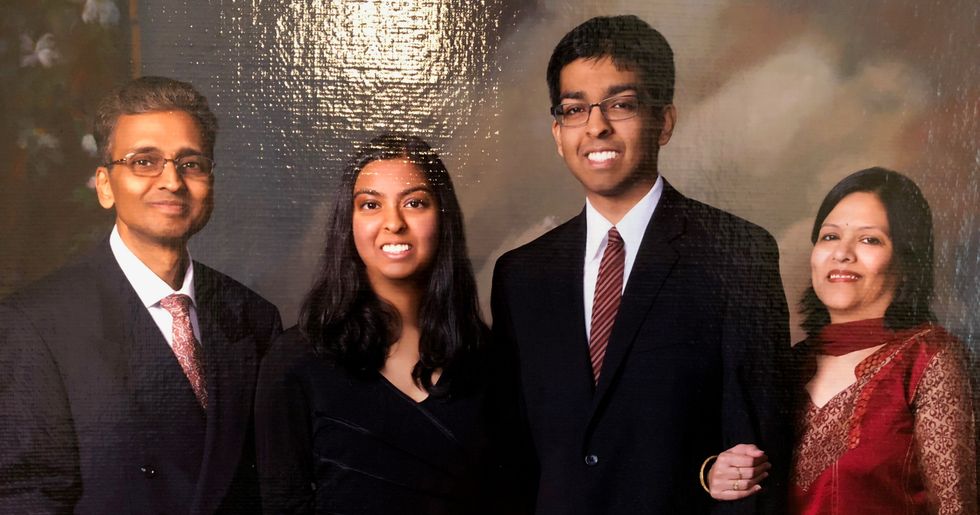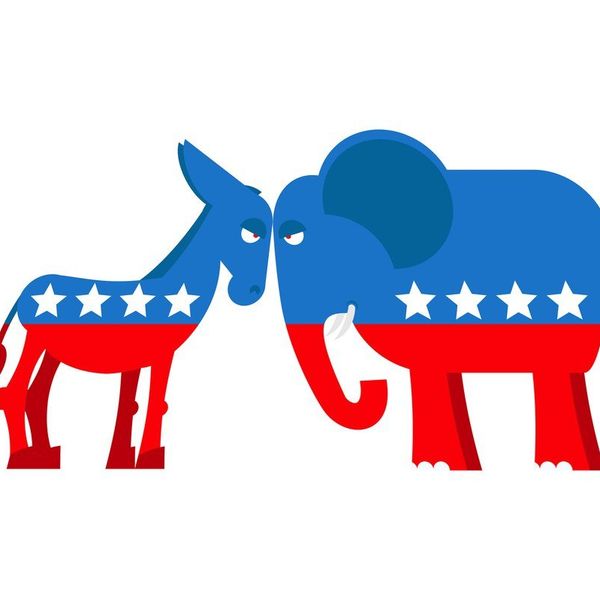Most of the time, when you hear “globalization,” you think of progress. In our global word, we don’t think twice about being able to talk to and see real-time images of people thousands of miles away or about reaching whole other countries in mere hours. Globalization has made the world simultaneously feel smaller and larger – we have information about other places’ cultures at our fingertips and we can appreciate how diverse everyone is.
All of this makes globalization seem great, and it is, for these reasons. But when thought about in a longer-term sense, it’s kind of scary. With globalization comes the mixing of people and therefore of cultures. So what does that mean for future generations?
Potentially a lot of things. As a child of immigrants (and thus a first-generation American, if you will) myself, I’ve thought about this a lot, especially recently. I know I’m not the only hyphenated American to feel confused about their cultural and ethnic identity. The names Indian-American, Asian American, etc. are pretty misleading because it seems that they imply a half-and-half kind of thing, that I am equally as Indian as I am American.
But in reality, that’s not the case – there are some aspects of myself that I consider very “American” and others very “Indian.” I mean, I was born in the U.S., after all. My first language is English. I used to speak to my parents in their mother tongue, Hindi, when I was younger sometimes, but have basically completely stopped at this point in my life. In fact, I never learned to read or write it, so I feel even more sad to realize that my speaking skills are declining as well.
Part of it is on me – I didn’t make the effort to formally learn my parents’ native language. But I’d also say part of it is due to the environment I’ve grown up in and the notion of America as a melting point, where cultures mix together to become one, rather than a salad bowl where each culture retains its individual identity.
That’s why I’m scared to think about what would happen to the Hindi language and the culture it is tied to in 15, 20, 30 years. And this cultural mixing phenomenon is not unique to America. It seems that the whole world is gradually (or maybe not so) becoming more and more “westernized.” I don’t say this to be boastful of the influence of the U.S. on the rest of the world – quite the opposite, actually (we have invaded and/or colonized more places than I would feel comfortable listing out).
As my own peers living in India openly express their desire to become more “American,” what would that mean for the traditions and practices they engaged in growing up, that generations living before them held so dear?
What I can envision happening in bits and pieces of different cultures being retained and possibly more and more Americanized as time passes. It has already been happening with food in the U.S. – it is difficult to find dishes that people would feel comfortable calling authentically Indian or Chinese or what have you.
So we won’t completely lose cultures, but I think we will definitely lose some of their depth and richness as they mix together in our globalized world. I guess everything comes at a cost.
















